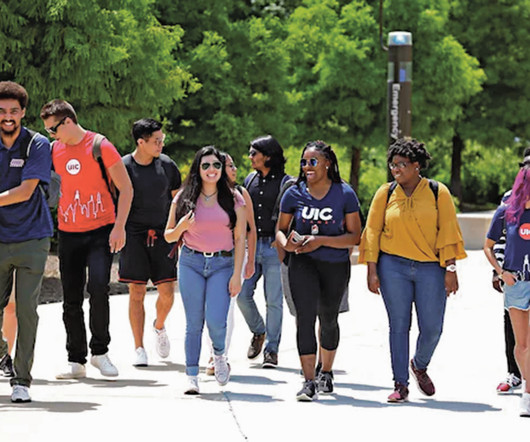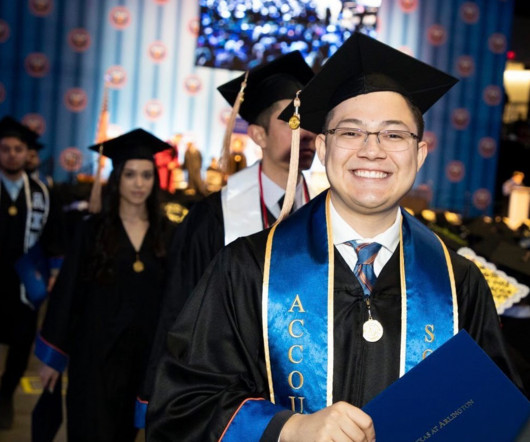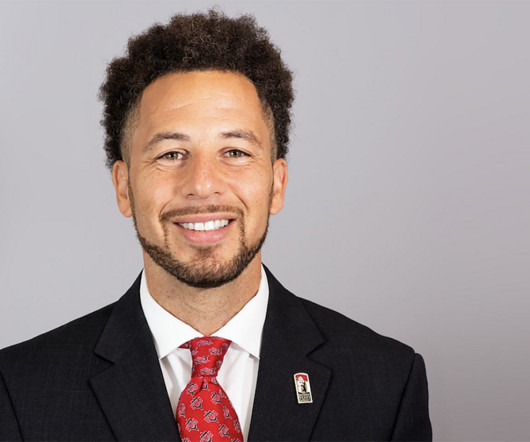2023 Seal of Excelencia
Diverse: Issues in Higher Education
OCTOBER 9, 2023
Angelo State University in San Angelo, Texas, partners with over 62 high schools across the state, facilitating college access for Latino, rural, and other marginalized communities. It enrolls roughly 43% first-generation Latino students. Approximately 49% are Pell Grant eligible or have first-generation, low-income backgrounds.











Let's personalize your content